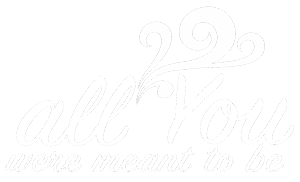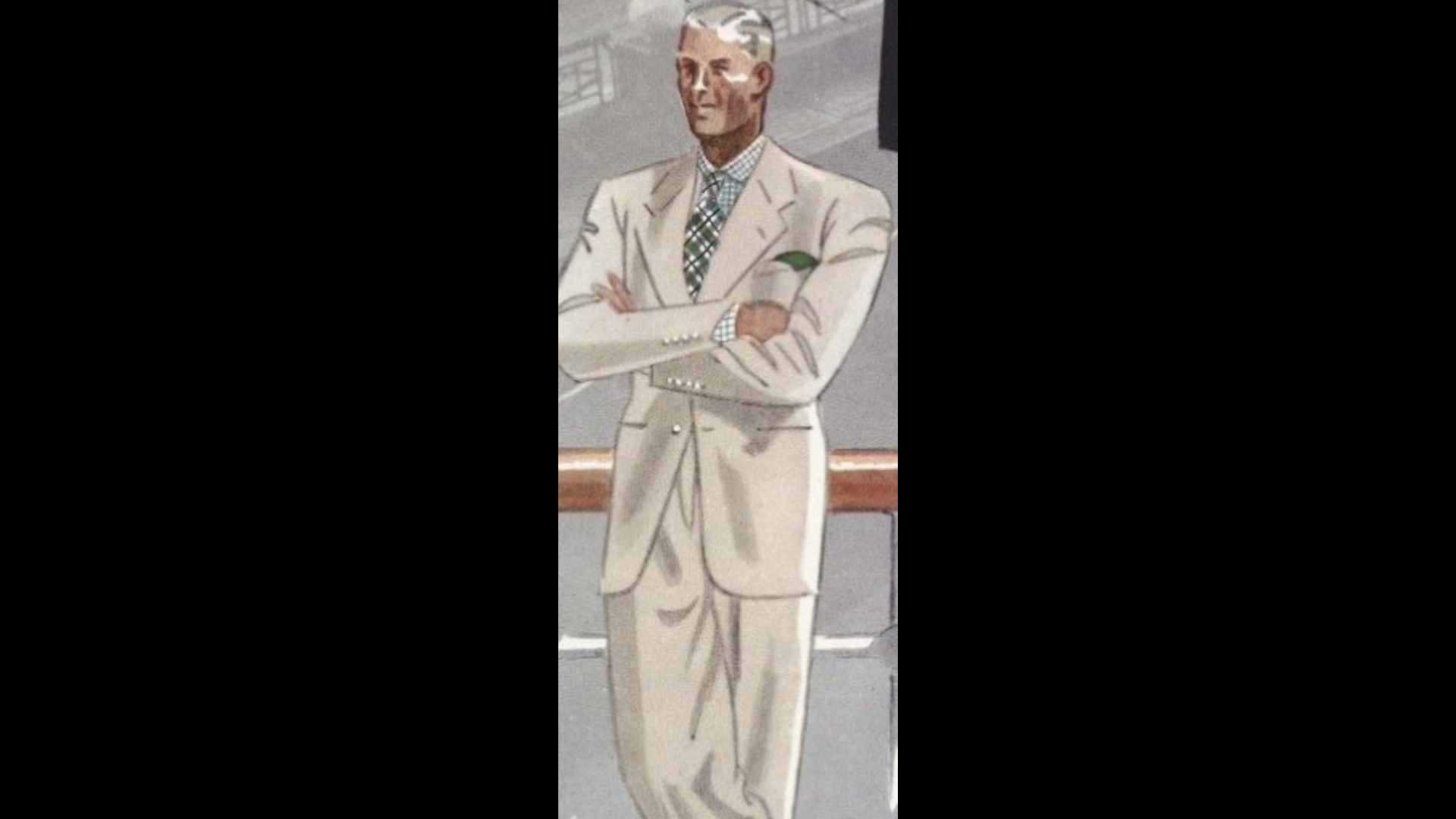Stop! Just Stop!
The chatter reached a cacophonous crescendo by the time the professor arrived for my business methods class in college. She always made a grand and dramatic entrance by walking briskly and decisively through the door, arms loaded with graded papers, textbooks, and lesson plans. As a final pronouncement of her down-to-business presence, she always forcibly slammed the door behind her. The talking immediately ceased and a shuffling of books, papers, and postures could now be heard in the abruptly quiet classroom.
Dr. Ruth Armstrong taught several of my business classes at Shippensburg University, my alma mater where I secured a bachelor’s degree in Business Education. She was one of the most hard-working, proficient, and disciplined women in my life, a true role-model of substance and no-nonsense. At times, she aggravated me because she expected way too much. That doesn’t matter, though. She changed my life and my career.
Even though her tough standards stressed me, I couldn’t believe my good fortune of being in her presence. I had really made it into college. I was really on my way to a better life. You would think that would keep my nose to the grindstone in getting top grades. But, no, I’m one that always has to learn everything the hard way.
College life was about my studies . . . but also about my tuition-paying job as a student secretary in the president’s office, my sorority, and my co-captain-of-the-football-team boyfriend. All had to have an equal share of time.
Such fractional thinking led to one of the most debilitating moments of my college experience. It happened in Dr. Armstrong’s class. From this woman of excellence and precision, I learned one of the most vital lessons of my life: Never, never walk into a presentation without necessary preparation.
After spending almost the entire semester teaching us how to teach, Dr. Armstrong announced a mega assignment that would pull together all our learning and determine a large portion of our final grade. We were required to build an entire teaching module complete with a lesson plan, test samples, engagement strategies, and class handouts. She also announced she would videotape our presentations so we could review our performance later and learn what worked and what needed improvement.
Weeks later, when I appeared in front of the class and her camera to present my topic, she nailed me almost immediately. She saw right through my attempt to “wing” my presentation. I wasn’t just ill-prepared, I was a disaster waiting to happen.
“Stop! Just stop!” she barked loudly, firmly, and resolutely. “I want to see no more of this.” The room fell silent as she went on. “I could fail you right here and now. But I know you can do better. I’m giving you another chance to prepare for this assignment. Come back next week and make your presentation again. This is unacceptable.”
She was right to stop me. I foolishly thought I was good enough to pull off an unprepared presentation in front of this accomplished woman. I wasn’t. I took the lazy way out and failed miserably.
With red-faced embarrassment, I learned a hard lesson from this serious misstep: I wasn’t willing to make the sacrifices to be good. Even more importantly, I realized I wasn’t willing to make the sacrifices to be great.
Dr. Armstrong sounded stern in that moment, but she had a good heart. She gave me a second chance, and I didn’t let her down the next time. When I came back for the redo of my assignment, I knew my material cold and had proper handouts, test samples, and strategies for engaging my future students. The presentation went smoothly, and I was confident. It was actually a joy to share what I knew—all because I was prepared.
From that day forward and throughout 37 years in corporate America, I have always been prepared. When I had the privilege of commanding an audience, I entered the room with hours of preparation under my belt. I knew facts and figures; scenarios of why, why not, what if; pros and cons of my proposal; the latest techniques of public speaking; how to overcome objections; and well-researched implications of my point of view. I rehearsed out loud, in front of the mirror, and while driving in my car.
The audiences I have addressed over the years have been tough and challenging. I had to be ready for almost anything. And I was. And it’s no different today. I still diligently prepare for the privilege of standing in front of a group of people and sharing my ideas. Dr. Armstrong and her sober admonition sits on my shoulder through it all. I walk in prepared . . . and confident.
Many years after my college days and well into my career as a corporate executive, Shippensburg University honored me as a Distinguished Alumnus. I invited Dr. Armstrong to sit at my table for the awards ceremony. She had never forgotten me and generously accepted my invitation. In remarks to the audience that night, I told the story of showing up unprepared for her class assignment. Many of them knew this esteemed professor and chuckled when I said, “I don’t recommend it.”
If laziness is a trait that leads to failure, preparation is a life skill that leads to success and joy. Dr. Armstrong knew this when she stopped me cold in my lazy tracks. She cared too much to allow me to do less than my best.





What People Are Saying
Oh, Bonnie…..what a story. Is this an excerp from your book? As I remember ….you were always on top of the details and hard working! Great memories from Ship.
Thanks for sharing your experience with great insight. I can relate as I learned the most when I worked for bosses who were the most challenging. When I moved to new opportunities, those experiences gave me the greatest “take always” and I, also, am most grateful.
Bonnie, wanted to say hello and kudos for the article you remind me of this great teacher.